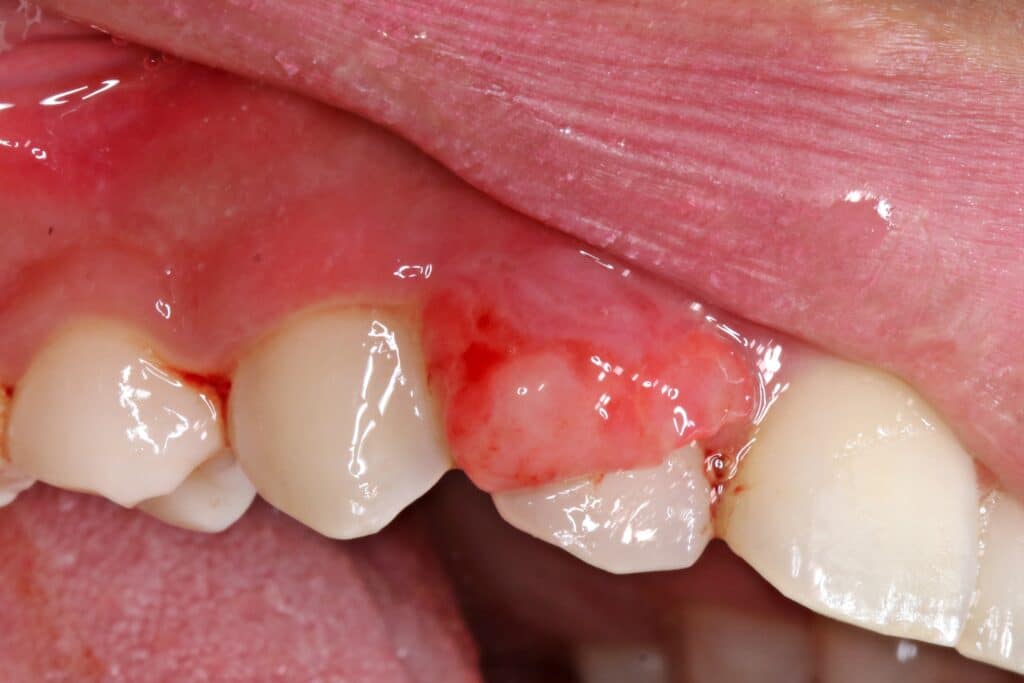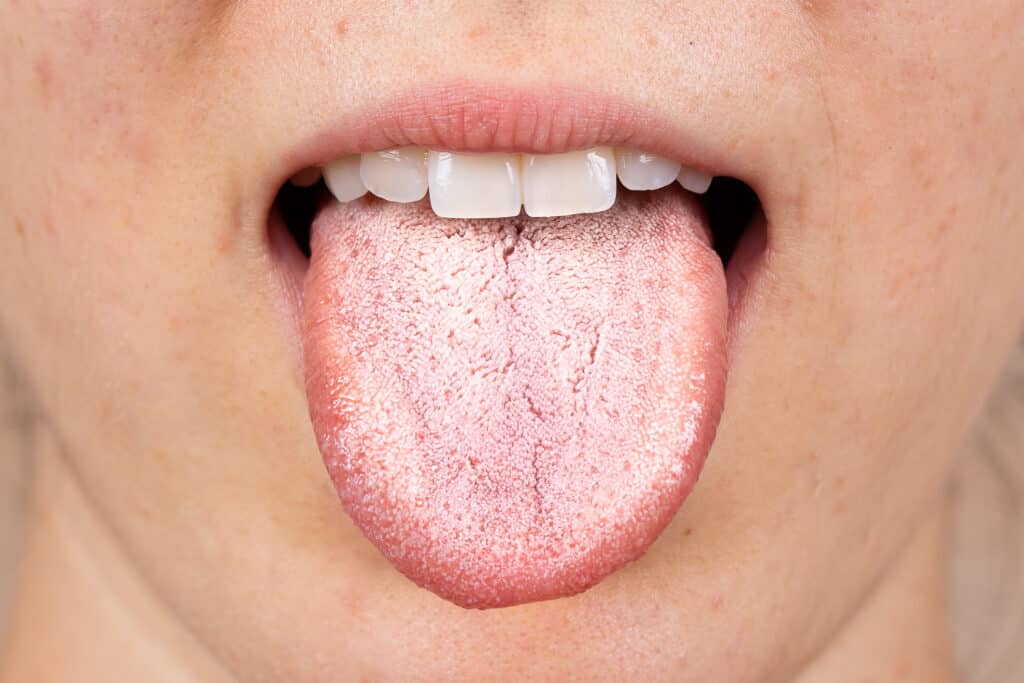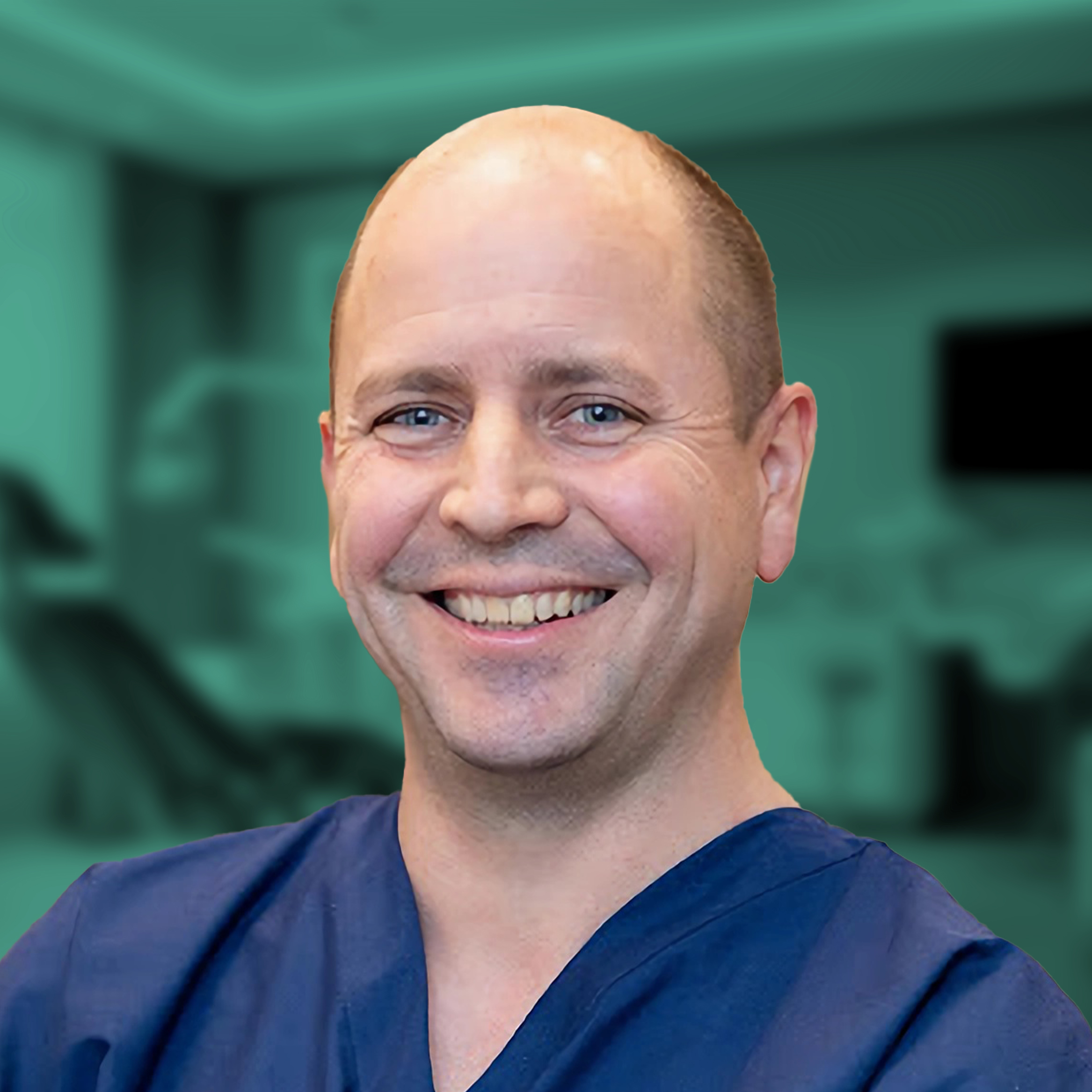
Oral Pathology
At Leading Edge Oral Surgery, we prioritize your oral health by offering comprehensive oral pathology services. Early detection of pathological processes, including oral cancer, is crucial for effective treatment. Our experienced team is dedicated to identifying and addressing any changes in the tissues of your mouth, face, and neck, ensuring you receive the best possible care.
Understanding Oral Pathology
Oral pathology involves the diagnosis and study of diseases affecting the mouth and surrounding structures. The mucosa inside the mouth is typically smooth and coral pink. Any deviation from this appearance could indicate a pathological condition. Recognizing these changes early can be vital in diagnosing conditions like oral cancer.


Signs of Oral Pathological Processes
Certain changes in the mouth’s appearance can signal the beginning of a pathological process or even cancerous growth.
Be aware of the following signs:
- Reddish patches (erythroplakia) or whitish patches (leukoplakia)
- A sore that fails to heal and bleeds easily
- A lump or thickening of the skin inside the mouth
- Chronic sore throat or hoarseness
- Difficulty in chewing or swallowing
These symptoms can appear on the lips, cheeks, palate, gum tissue, tongue, face, and neck. Notably, pain is not always present in early stages, including with oral cancer. Any unexplained facial or oral pain should be investigated.

Dr. Michael Cardo
Oral & Maxillofacial Surgeon
“Regular oral pathology exams are essential for maintaining your oral health. Our team is dedicated to early detection and prompt treatment of any abnormalities, providing you with the best possible care and peace of mind.”
Importance of Regular Oral Pathology Exams
Oral cancer affects over 50,000 people annually and can develop anywhere in the mouth. Early detection is key to successful treatment, which is why we recommend an oral pathology exam at least once a year, or more frequently if you have risk factors. These exams help identify areas of concern that may need further investigation.
Performing Self-Examinations
We encourage all patients to perform monthly self-examinations to monitor for any changes or abnormalities. If you notice any suspicious lumps or sores, contact us immediately for a professional evaluation.
What to Expect During an Oral Pathology Exam
During an oral pathology exam at Leading Edge Oral Surgery, our doctors meticulously examine the tissues in your mouth, face, and neck for any irregularities or suspicious lesions.
We look for:
- Red or white lesions or patches
- Raised or thickened areas of tissue
- Nodules or lumps
- Sores that bleed easily or do not heal
- Persistent sore throat or hoarseness
- Chewing or swallowing difficulties
- Changes in tissue texture or appearance
Risk Factors for Oral Cancer
While some cases of oral cancer arise without known risk factors, several common factors increase the risk, including:
- Male gender
- Age 55 and older
- Tobacco use
- Alcohol use
- UV exposure
- Genetics
- Lichen planus
- HPV (Human Papillomavirus)
After the Oral Pathology Exam
If a suspicious lesion is detected during your exam, our skilled doctors will perform a biopsy to evaluate for cancerous cells. Early detection significantly improves the prognosis for oral cancer. Our skilled oral and maxillofacial surgeons are here to support you through diagnosis, treatment, and management of oral cancer, precancerous lesions, or other abnormalities.
Schedule Your Oral Pathology Exam Today
Don’t ignore changes in your oral health. Schedule an oral pathology exam with Leading Edge Oral Surgery to ensure any potential issues are detected and treated early. Your health and peace of mind are our top priorities.
Find one of our convenient locations
Contact Us
Fields marked with “*” are required.
"*" indicates required fields
